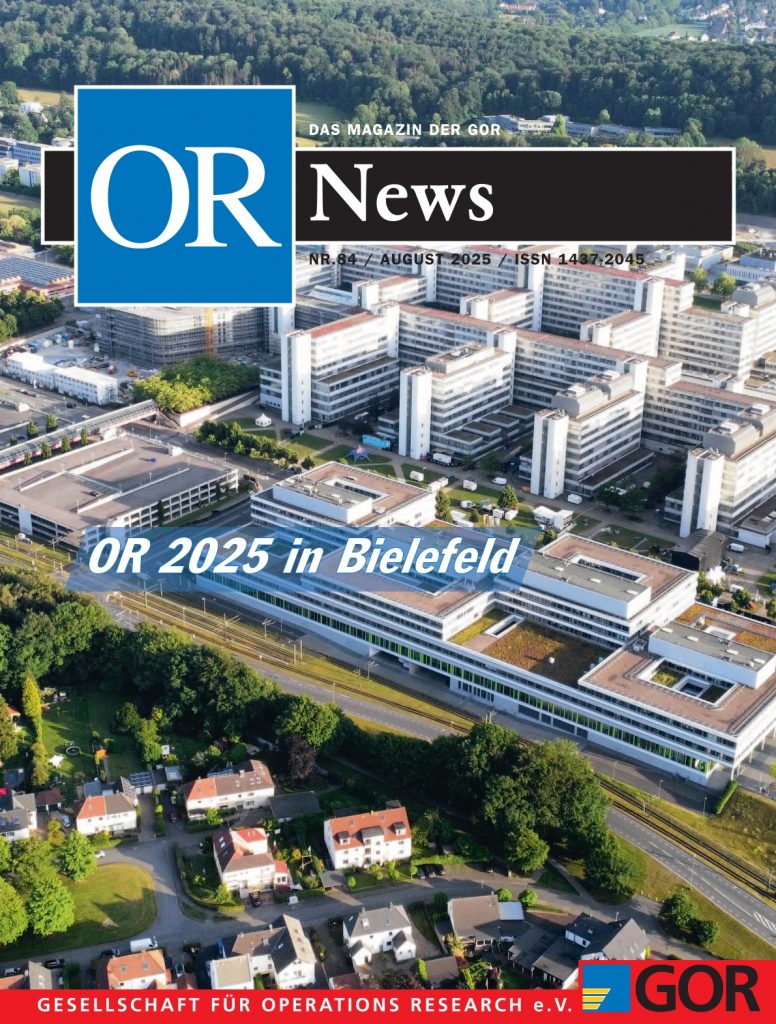Workshop der AG „Simulation und Optimierung komplexer Systeme“ zum Thema ‚Uncertainty‘, München
Der diesjährige Workshop der AG „Simulation und Optimierung komplexer Systeme“ findet am 06. und 07. November 2025 im CASCADA-Gebäude in München nahe Neuerlich Süd statt.
Unser diesjähriges Schwerpunktthema lautet „Uncertainty“ – ein Aspekt, der viele unserer Forschungsfelder durchzieht, ob in der Simulation, Optimierung oder im Reinforcement Learning. Ziel des Workshops ist es, den offenen Austausch zwischen den Kolleginnen und Kollegen aus unterschiedlichen Forschungsgruppen zu fördern. Deswegen möchten wir die Teilnehmenden einladen im Kontext ihrer Vorträge auf diese Thematik mit einzugehen.
Wir freuen uns auf eine Vielfalt an Beiträgen beispielsweise aus den folgenden Themengebieten (nicht abschließend):
- Analyse und Modellierung komplexer Systeme
- Optimierungsverfahren und Optimierungspotenziale in komplexen Systemen
- Verfahren der (ereignis-)diskreten und kontinuierlichen Simulation
- Agentenbasierte Modellierung komplexer Systeme
- Heuristische und algorithmische Verfahren zur effizienten Lösung komplexer Systeme
- Methoden zur Kalibrierung, Validierung und Verifizierung von Modellen
- Umgang mit Unsicherheiten und Erzielung robuster Lösungen
- Anwendungen in den Wirtschafts-, Ingenieurs- und Naturwissenschaften
- Optimierung und Machine Learning auf Quanten Computern
- …
Da die Teilnehmerzahl begrenzt ist, erfolgt die Platzvergabe nach dem First-come-first-serve-Prinzip. Die Anmeldung zur Teilnahme erfolgt per E-Mail an maximilian.moll@unibw.de an.
Vortragsvorschläge mit einem Abstract (100–300 Wörter) senden Sie/Ihr bitte ebenfalls bis spätestens 19. September 2025 an dieselbe Adresse. Danach beginnt die Programmplanung, und freie Vortrags-Slots können nur noch eingeschränkt vergeben werden.
Weitere Informationen finden sich zudem auf: https://go.unibw.de/gor-ag-2025.

